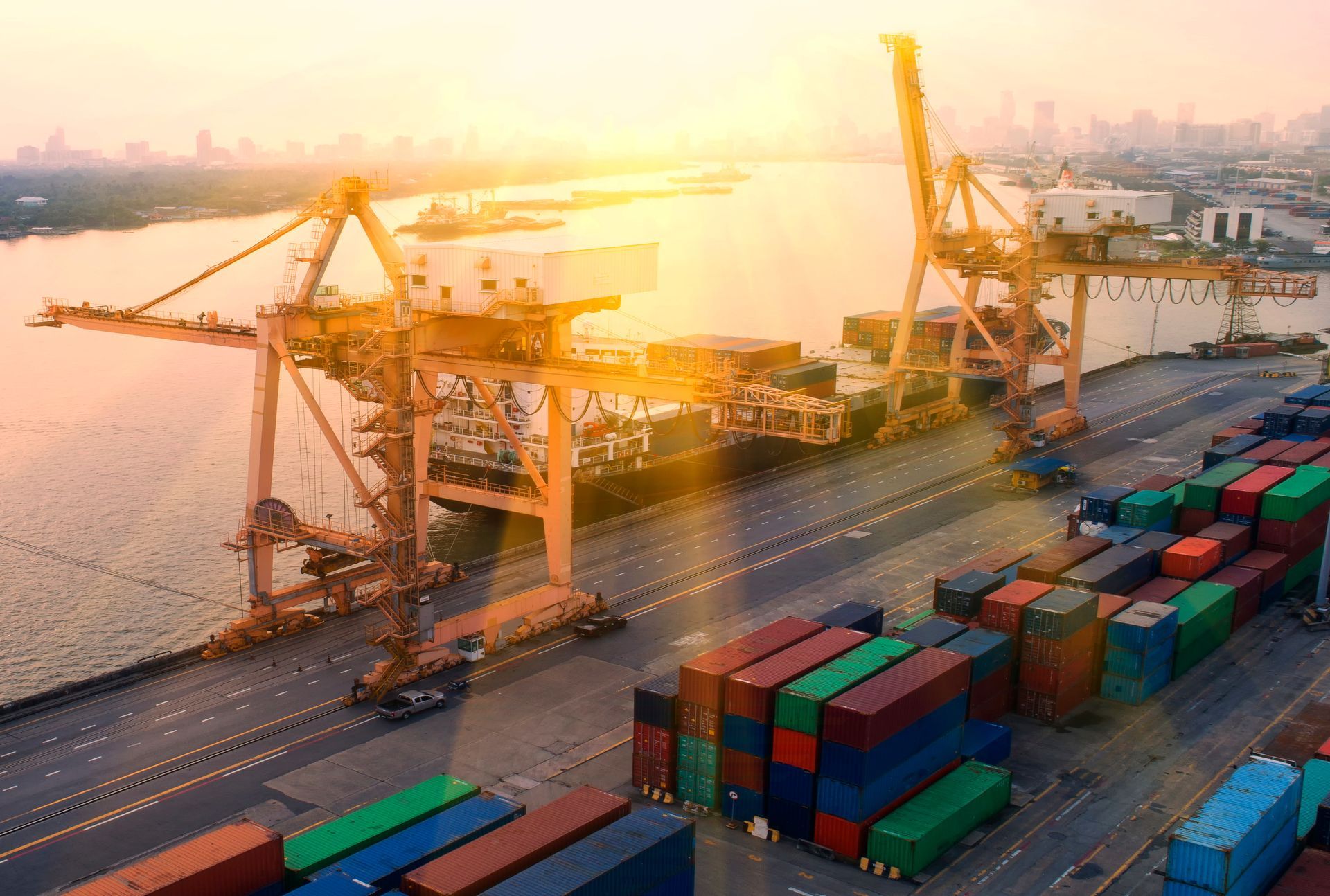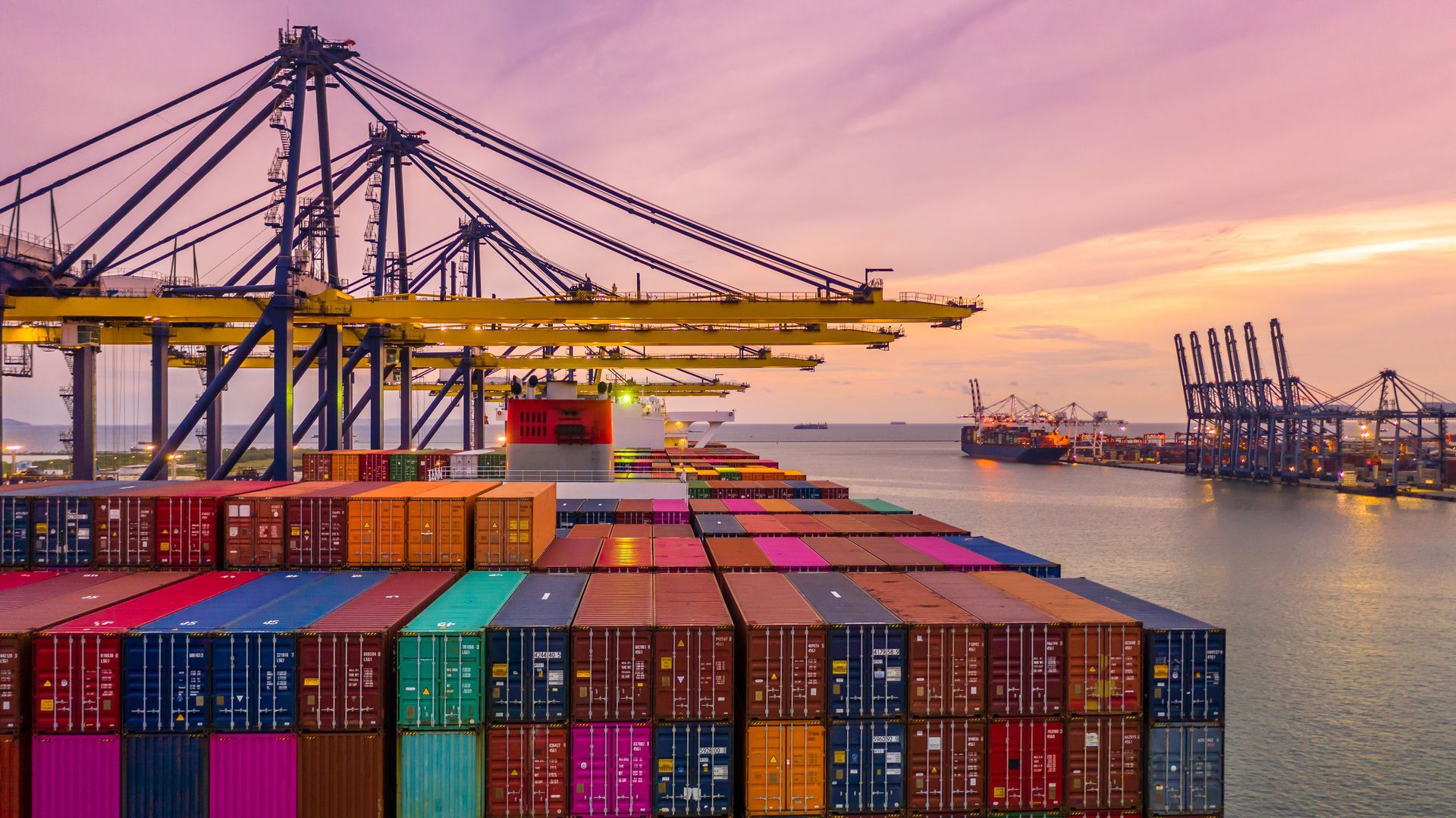Supplies Made Simple™: Talk to our Sales Team today!
How Do Fuel Costs Impact Your Supply Chain?
How Do Fuel Costs Impact Your Supply Chain?

In today’s interconnected world, rising fuel prices are more than just a headline—they’re a reality shaping industries and economies. The transportation sector, the backbone of global logistics, is feeling the strain more acutely than ever. From shipping containers to trucking companies, oil price surges ripple through supply chains, driving up transportation costs and creating significant challenges for businesses worldwide.
At Concentric Health Alliance, we understand how higher fuel costs directly impact the efficiency and affordability of moving goods, especially in industries like healthcare and manufacturing, where timely delivery is critical. This blog explores the key drivers behind the rising costs of transportation in 2024, their economic implications, and how businesses, including our customers, can navigate this volatile environment effectively.
Role of Oil Prices in Transportation
Key Drivers of Oil Price Increases
Global oil markets have experienced significant disruptions in 2024 due to:
- OPEC+ Supply Cuts: Tightened global oil production has reduced supply and driven up prices.
- Geopolitical Instability: Heightened tensions in the Middle East and critical shipping regions like the Red Sea have increased uncertainty, further inflating fuel costs.
Oil Dependence in Logistics
Fuel consumption is one of the most significant expenditures in transportation. For logistics companies heavily reliant on diesel fuel, price hikes lead to operational and pricing adjustments. The result? Increased operational costs across the logistics industry, affect businesses and consumers alike.
Key Challenges Driving Transportation Costs

Geopolitical Disruptions
The Red Sea has become a focal point for instability forcing rerouting and increasing shipping times and freight costs.
Global Supply Chain Bottlenecks
- Panama Canal Drought: Reduced water levels have limited transit capacity, creating delays and forcing companies to find alternative—and often more expensive—routes.
- Container Capacity Declines: A 9% reduction in global container capacity has intensified competition for space, pushing shipping rates higher and adding to supply chain disruptions.
Escalating Costs on Major Routes
- Asia-Europe Trade: Costs have surged five-fold, making these critical routes more expensive.
- China-U.S. Trade: Shipping costs have doubled, highlighting the strain on trans-Pacific trade.
Economic Implications of Rising Transport Costs

Inflationary Pressures
As transportation costs rise, so do the prices of goods. Core goods inflation is straining businesses and consumers, with higher costs for essentials like electronics and household products.
Hardest-Hit Industries
- Logistics and Shipping: Mounting fuel surcharges and operational expenses challenge profitability.
- Retail and Manufacturing: Increased import costs threaten profit margins, forcing businesses to either absorb the expenses or pass them on to consumers.
Adapting in 2024, for 2025 and Beyond
What Lies Ahead
- Sustained Oil Prices: Continued OPEC+ cuts are likely to keep oil prices elevated, sustaining higher fuel costs.
- Geopolitical Uncertainty: Tensions in key regions may lead to further disruptions.
- Persistent Supply Chain Constraints: Limited canal capacity and reduced efficiency will maintain upward pressure on freight and logistics expenses.
How Concentric Health Alliance Can Help

As a leader in supply chain management and procurement solutions, Concentric Health Alliance is committed to helping businesses tackle these challenges head-on. Here’s how:
- Optimizing Logistics Costs: Leveraging advanced technologies and data analytics, we refine supply chain strategies to reduce inefficiencies and lower expenses.
- Fuel-Efficient Strategies: Our focus on innovative solutions enhances fuel economy and minimizes reliance on traditional fuel sources, reducing overall costs.
- Agile Routing Solutions: We help identify alternative routes to mitigate the impact of disruptions.
- Customized Procurement: Ensuring access to high-quality, cost-effective resources helps maintain business continuity despite economic fluctuations.
Rising oil prices, fuel costs, and transportation expenses highlight the importance of a robust supply chain strategy. At Concentric Health Alliance, we partner with businesses to streamline logistics, reduce costs, and enhance resilience.
By proactively addressing challenges like fuel consumption and supply chain disruptions, we empower our customers to thrive in a volatile landscape. Contact us to learn how we can help you minimize logistics expenses while maintaining operational excellence.












